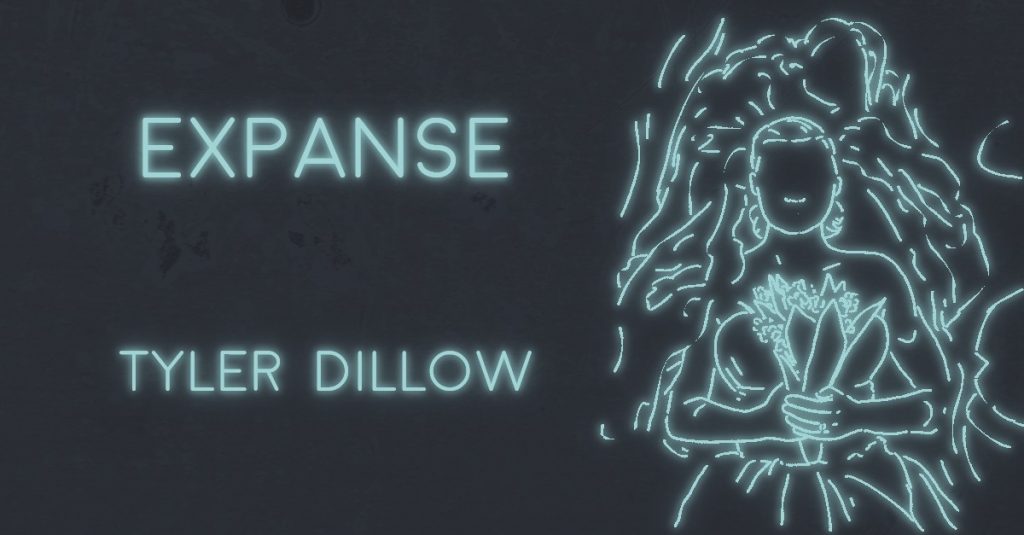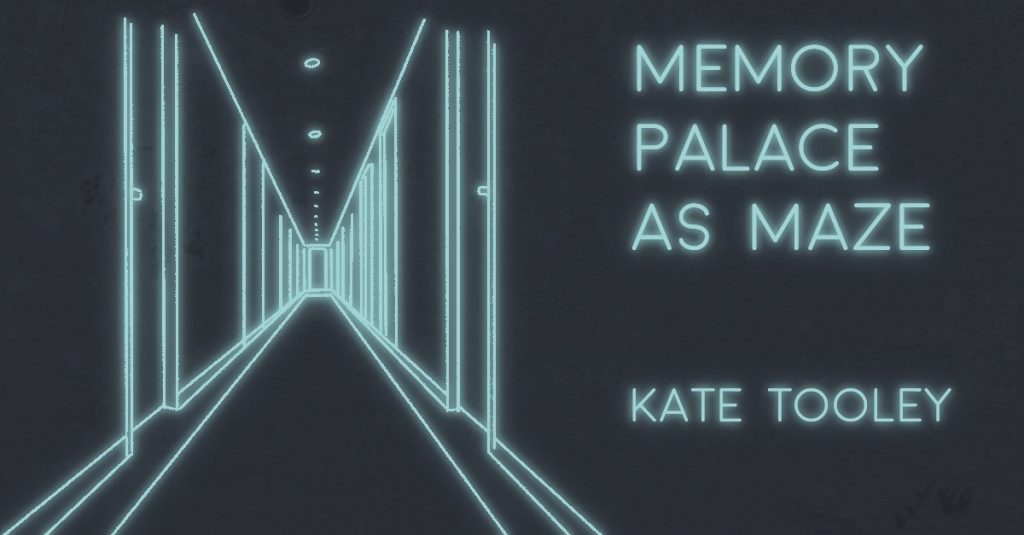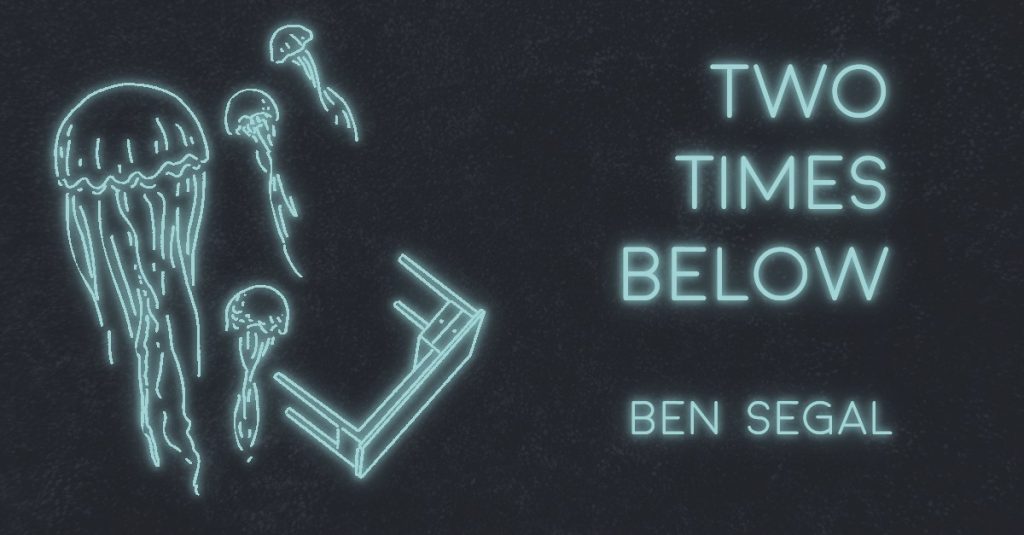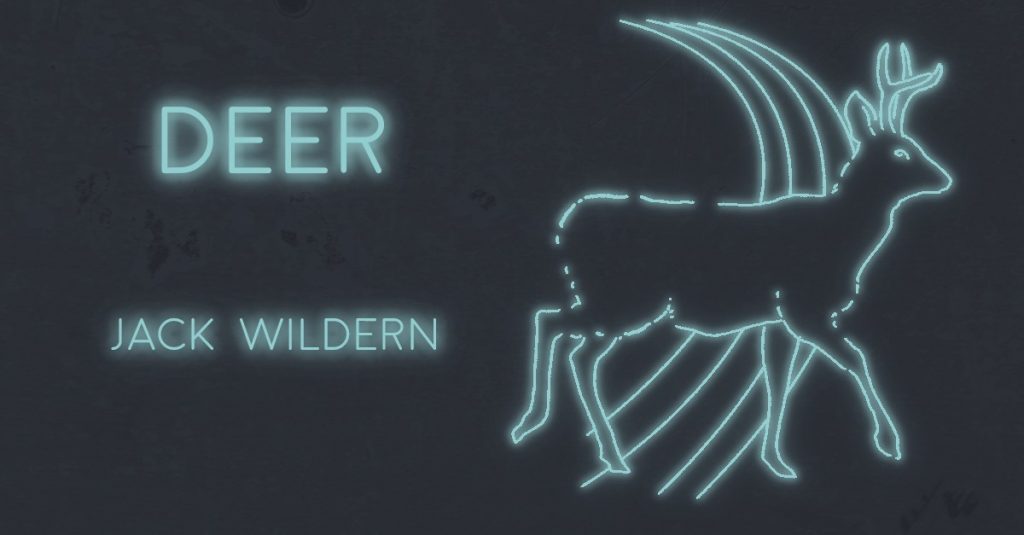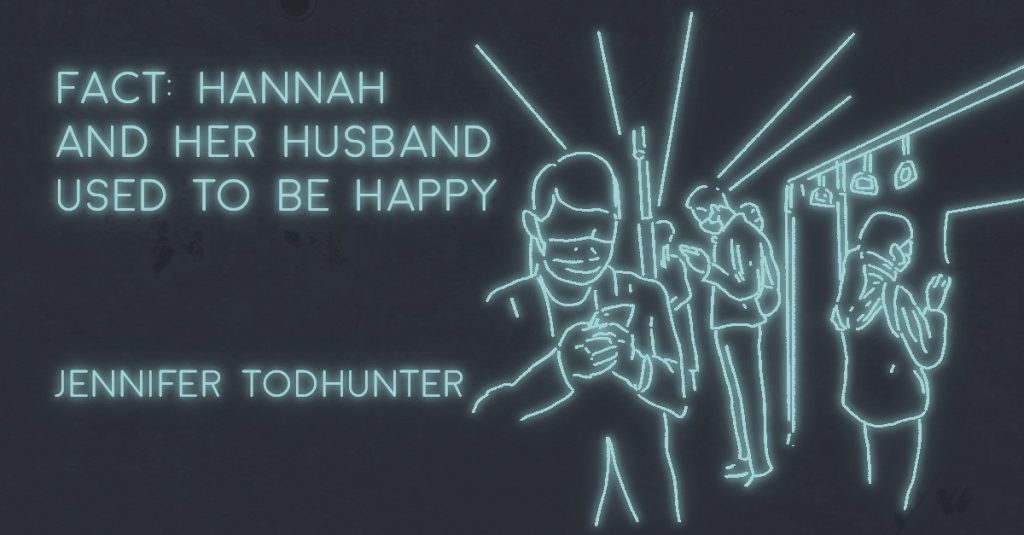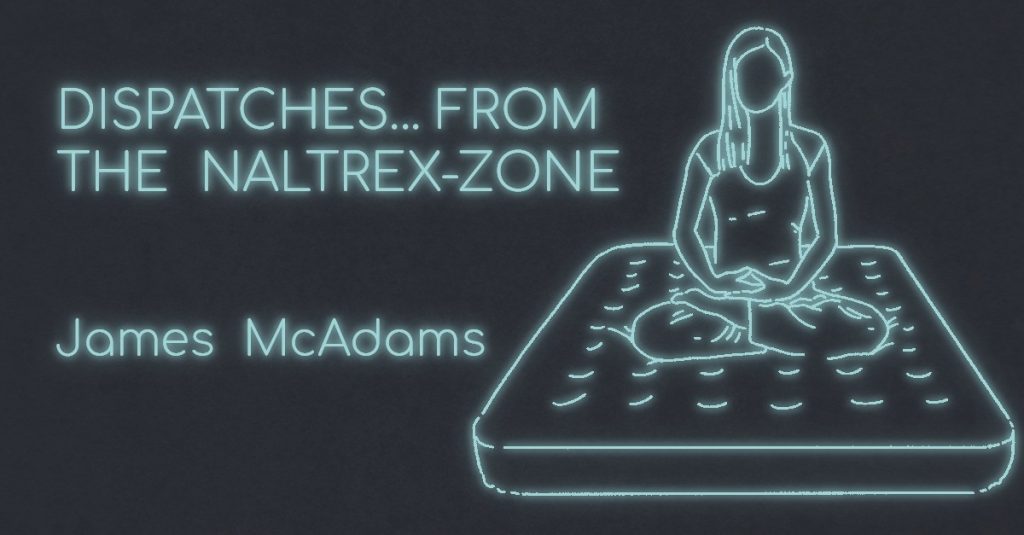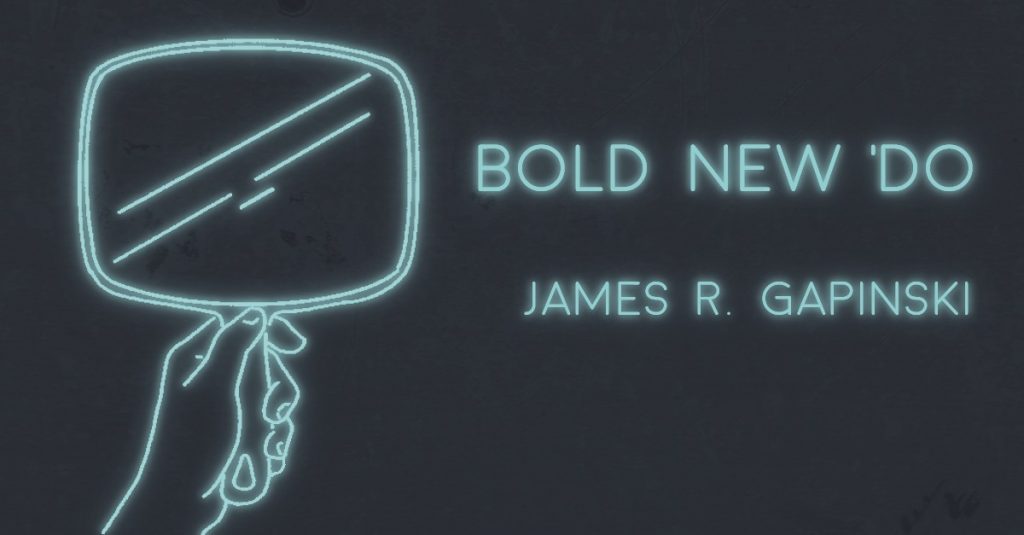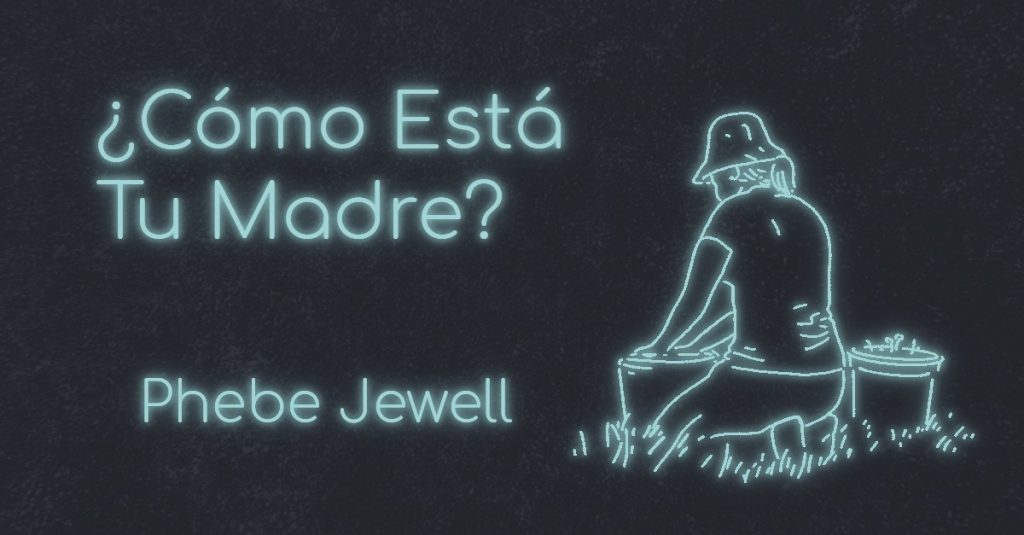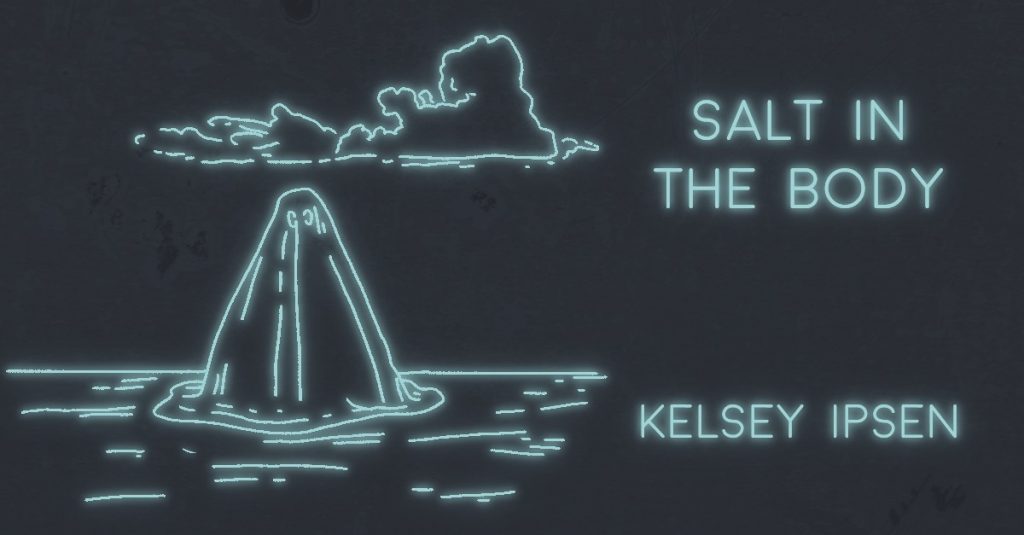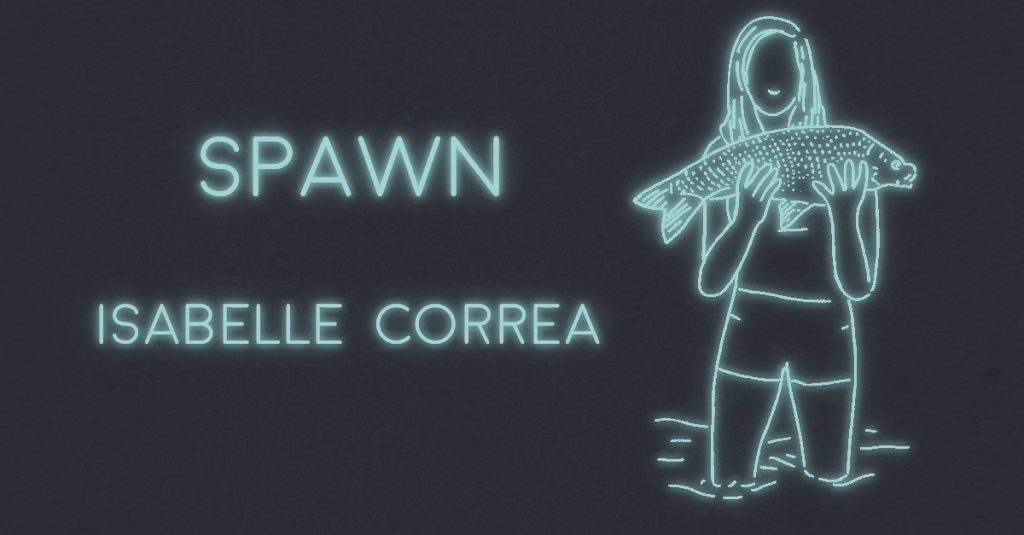
SPAWN by Isabelle Correa
I was a thing among other things in the hazy scene of his bedroom after shotgunning a beer for the first time. I remember the red pocket knife and the aluminum bending into itself to make room for the blade so that the hole I pressed my mouth to was an inverted flower. I remember finishing first. I remember finding his room and collapsing on the bed in the wrong direction, my legs where his head would go, my bare feet propped against the wall on the bottom of a poster for an alien movie I’d never seen, my toes…

